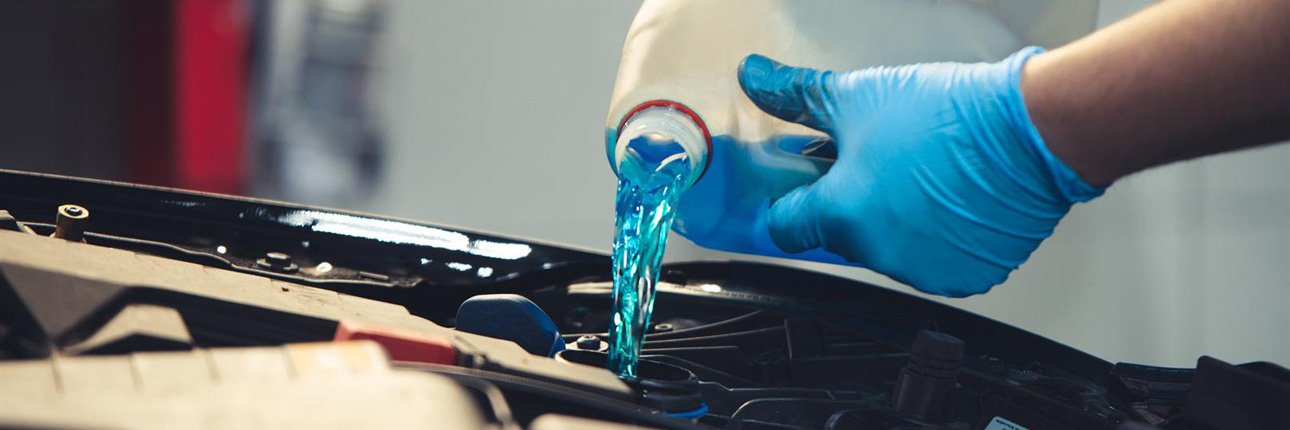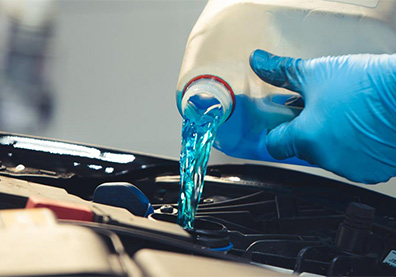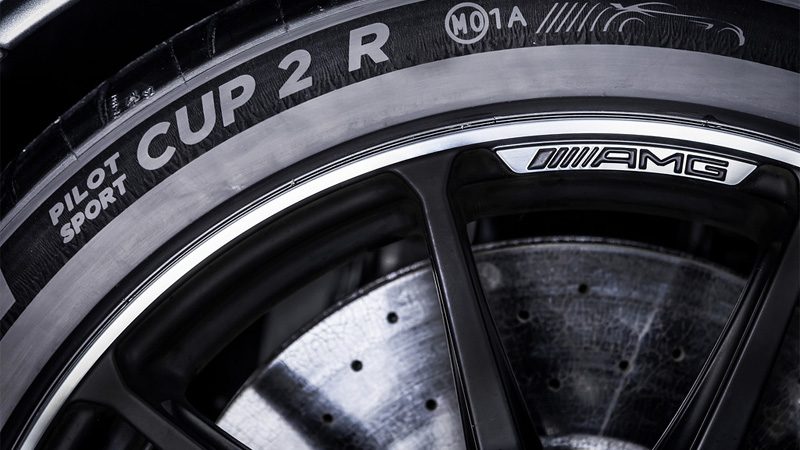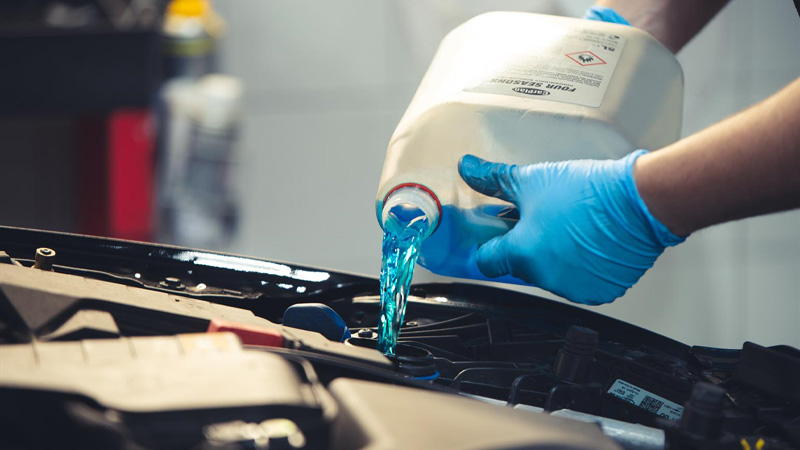We use cookies to make your experience better. To comply with the new e-Privacy directive, we need to ask for your consent to set the cookies. Learn more.


What is a Winter Health Check, and why should you have one?
Travel safe and with peace of mind this winter by giving your Mercedes-Benz a Winter Health Check. Visiting us for a Winter Health Check is the best way to make sure that you’re ready for the challenging conditions the winter can continue to throw at us. After all, anything can happen in the UK!
Our Exeter General Service Manager, Steve Johnson, gives an overview of the key features of the health check, and how it can keep you safe.
Tyre Check
Worn tyres are dangerous at any time, but especially as stopping distances increase in icy, snowy or wet conditions. Tyres need a minimum tread depth of 1.6mm by law, but in winter experts such as the RAC recommended you change tyres at 3mm to maintain safe stopping distances. Don’t forget to check you have a roadworthy spare too. Our technicians will check your tread depth to make sure that you’re ready and safe for the road!

Battery Evaluation
Another important element of the Winter Health Check is a battery check. Battery failure is the most common reported cause of breakdowns in the winter months. The colder weather has a knock on effect for your car battery. When temperatures fall below zero, even a fully charged battery will only have two-thirds of its power available.
Batteries that are over five years old can struggle to start in these conditions, as at this point their ability to retain their charge is reduced. As part of the check we will carry out a full battery evaluation to make sure it is at full strength, and let you know of any problems that need further attention.
Cooling System Check
Most vehicles that are younger than 15 years old have been built to weather most storms, including British Winters, as long as they have been correctly maintained. This regular maintenance comes into its own in the colder months and can help to avoid expensive repairs, extend the life of your car, and make sure that you and your family are kept safe this winter.
The engine cooling system should be filled with a 50/50 mixture of antifreeze and distilled water to prevent freezing and boiling over. Our experts will fully check your cooling system and in addition to changing the anti-freeze may expose any small leaks (particularly in older vehicles) which could become a major problem.
Screen Wash
Keeping your screen wash topped up is extremely important. With the extra moisture on the roads there is an increase in the amount of dirt hitting your windscreen, so you need to be getting rid of it. It is in fact illegal not to have fluid in your screen washer bottle so it’s best to get it topped up while you can!

Oil level
Check your oil level is between the minimum and maximum mark on your car's dipstick. The RAC says one in three vehicles it’s patrols attend are dangerously low on oil, which can lead to a breakdown or engine damage. You should check the oil level once your car is fully warmed up.
A cold car will look low on oil. Remember, too much oil can be as bad as too little. This check will also be carried out as part of our Winter Health Check to make sure you’re striking the right balance.
There are also a few essentials that you should pack in the boot in the colder months, just in case you suffer a breakdown at the hands of jack-frost:
- A fully charged mobile phone
- A blanket
- A warm coat
- A torch
- Your breakdown cover details
- An ice scraper
- De-icer
- A warm drink and snacks
